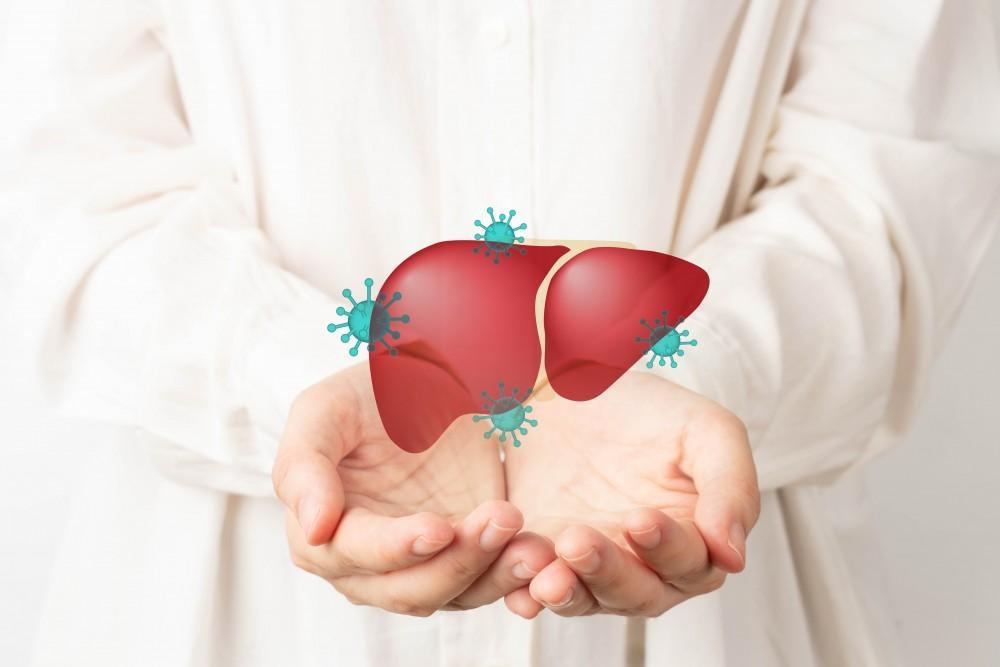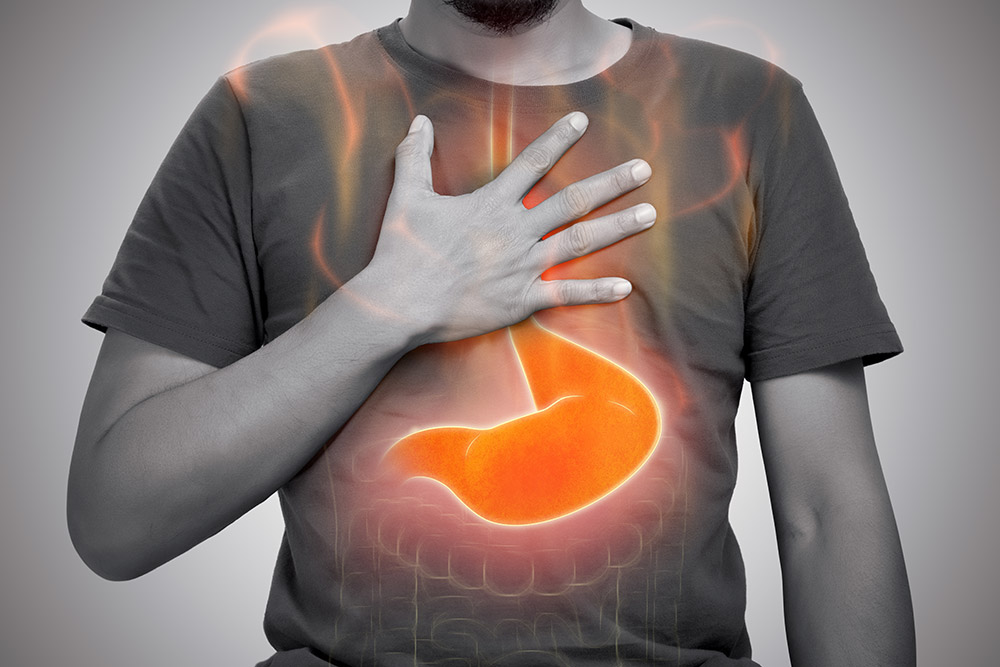What Is Peptic Ulcer Disease?
A peptic ulcer is an open sore on the lining of your stomach or upper small intestine. These ulcers develop when stomach acid damages the protective mucosal layer. In clinical practice, providers use ICD-10 codes (for example, K27.9) to classify and bill for peptic ulcer disease treatment.
Common Causes and Risk Factors
- Helicobacter pylori infection
- Long-term use of NSAIDs (ibuprofen, naproxen)
- Smoking and excessive alcohol consumption
- Stress and frequent consumption of spicy foods (can aggravate symptoms)
- Family history of peptic ulcers
Signs and Symptoms
- Burning or gnawing pain between the breastbone and navel
- Bloating or early satiety (feeling full quickly)
- Heartburn or acid reflux
- Nausea or occasional vomiting
- Dark, tarry stools (indicating possible bleeding)
How Dr. Rishi Chadha Diagnoses Peptic Ulcer Disease?
Step-by-Step Diagnostic Approach
Medical History Review
Dr. Chadha reviews your full medical history-including NSAID or alcohol use, family ulcer history, and relevant ICD-10 peptic ulcer disease codes-to identify risk factors.
Physical Examination
A focused abdominal exam checks for tenderness, distention or signs of internal bleeding, helping guide further testing.
H. pylori Testing
Noninvasive breath, blood or stool tests detect Helicobacter pylori infection, a leading cause of peptic ulcers.
Endoscopic Evaluation
An upper endoscopy allows direct visualization of the ulcer, tissue biopsy to rule out malignancy, and therapeutic intervention if needed.
Frequently Asked Questions
What is the ICD 10 code for peptic ulcer disease?
The primary code is K27.9 for a duodenal or gastric ulcer without bleeding.
How do I know if I have a peptic ulcer or just gastritis?
Peptic ulcer disease vs gastritis: Ulcers are deeper sores; gastritis is surface inflammation. An endoscopy can tell the difference.
Can stress cause peptic ulcers?
Stress alone rarely causes ulcers, but it can worsen symptoms.
How long does it take to heal an ulcer?
Most ulcers heal in 4-8 weeks with proper treatment.
Will I need surgery for my ulcer?
Surgery is rare. Most cases respond to medications and endoscopic care.
How do you test for H. pylori?
We use breath, blood or stool tests. A quick -breath test- is common.
Are peptic ulcers contagious?
No, they are not contagious. But H. pylori can spread through close contact.
Can diet cure my ulcer?
Diet alone can-t cure it. You need medication plus healthy eating.
Should I avoid NSAIDs if I have an ulcer?
Yes. Talk to Dr. Chadha about safer pain relief options.
How do I schedule an appointment?
Call our Houston office or visit our website to request a consult.











